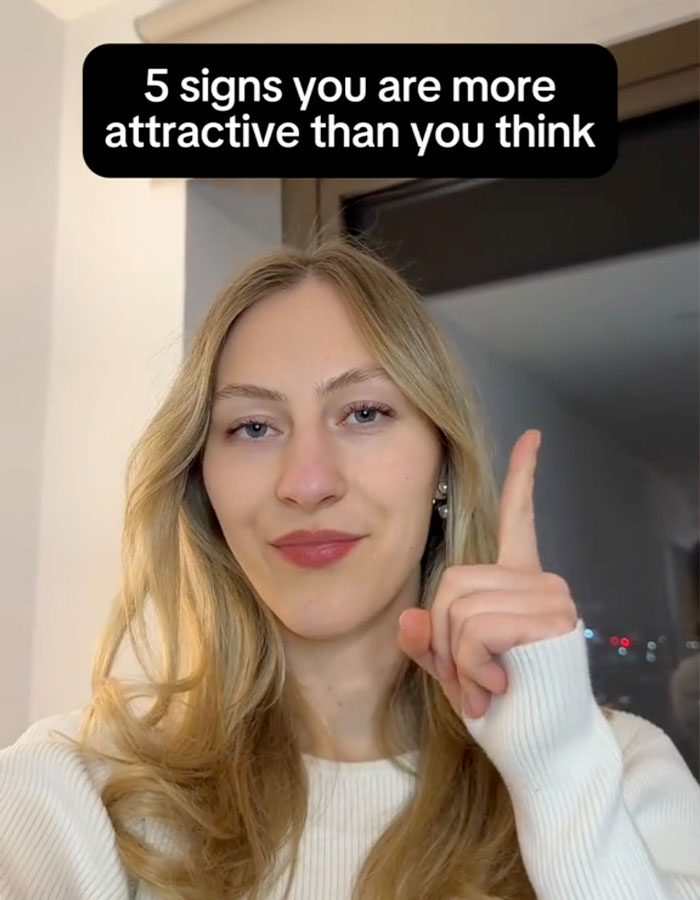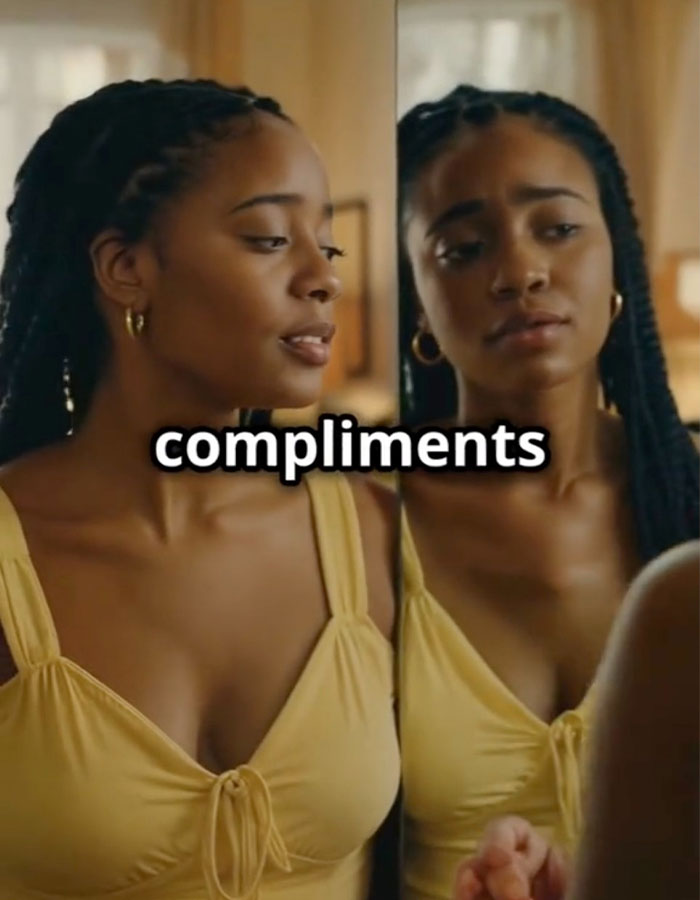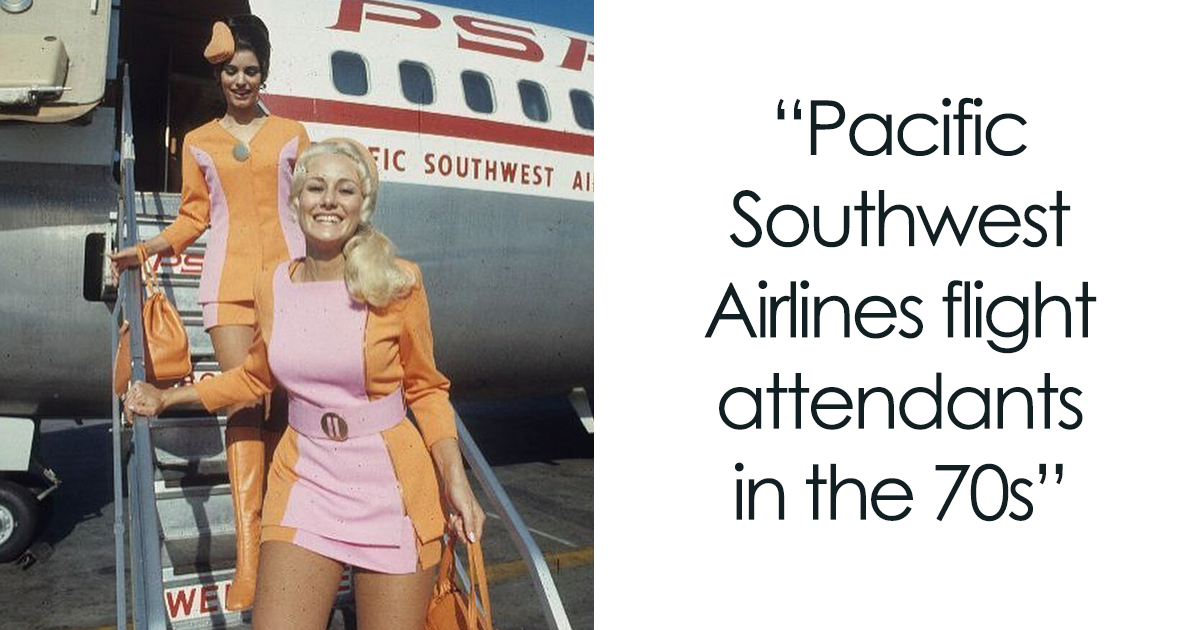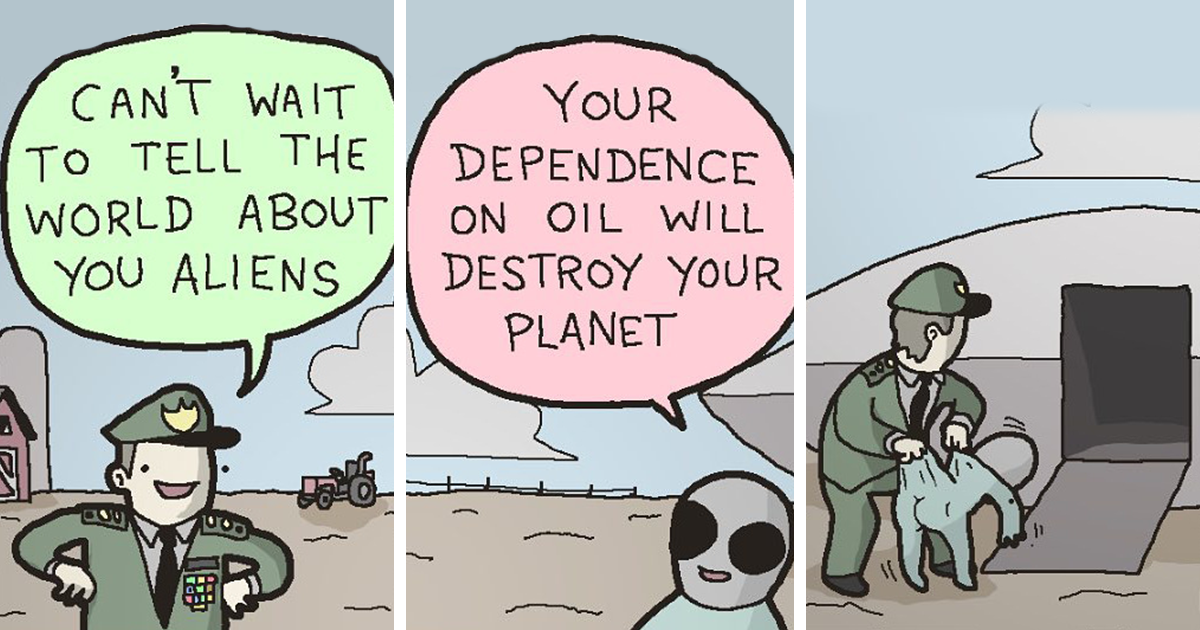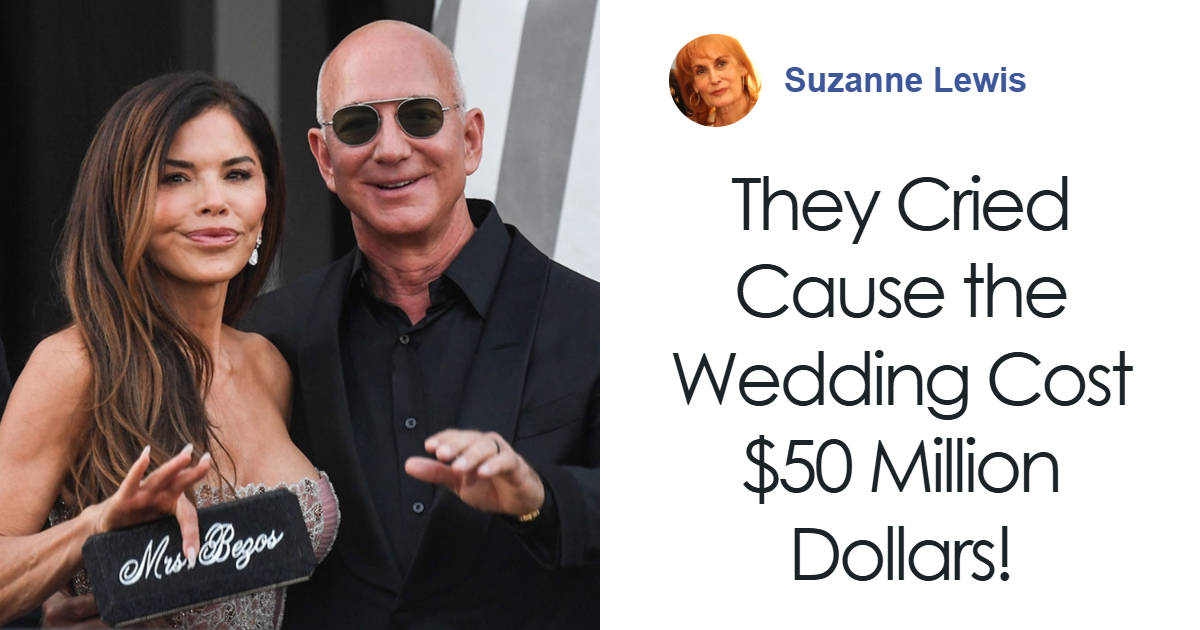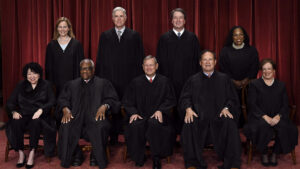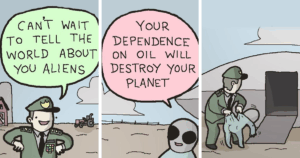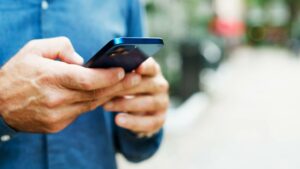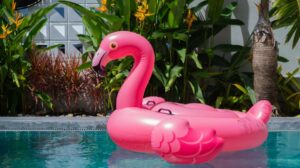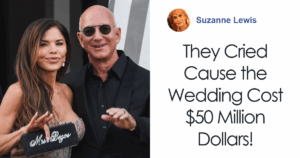“Unlocking the Mystery: TikTok Psychologist Unveils 5 Surprising Signs of Hidden Beauty – But Are We Ready for the Truth?”
Image credits: francescapsychology
“Many studies suggest that people are objectively accurate in evaluating others but view themselves with an optimism bias,” said Daniel Yarosh, a molecular biologist specialized in beauty research.
“The best way to convince others of a lie is to believe it yourself, and natural selection is strong enough to build a genetically controlled self-deception mechanism,” he argued.
Image credits: francescapsychology
A study conducted in 2008 by the University of Chicago handed a group of volunteers pictures of themselves that were morphed to make them progressively more—or less—attractive.
When asked to pick the ones that they believed were unaltered, people on average choose photos that were 20% more attractive than they really were.
@francescapsychology You can try Invideo AI for free, but if you want to use their generative capabilities, paid plans start as low as $28/month. This will save you hundreds of dollars that you would otherwise spend on editing, animating and other production costs 🔗 in bio! #invideoaipartner @invideo.io #psychology #psychologytricks #datingadvice #attractive ♬ original sound – francescapsychology
The experiment also revealed that people not only expressed a preference toward the altered images but were more inclined to dismiss their real portrait altogether.
“They were also quicker to recognize the more attractive photo than their actual photo,“ the paper stated.
Francesca’s followers were as divided as the psychology community on the issue, with one side thanking her for the ego boost, and the other doubting her five signs
